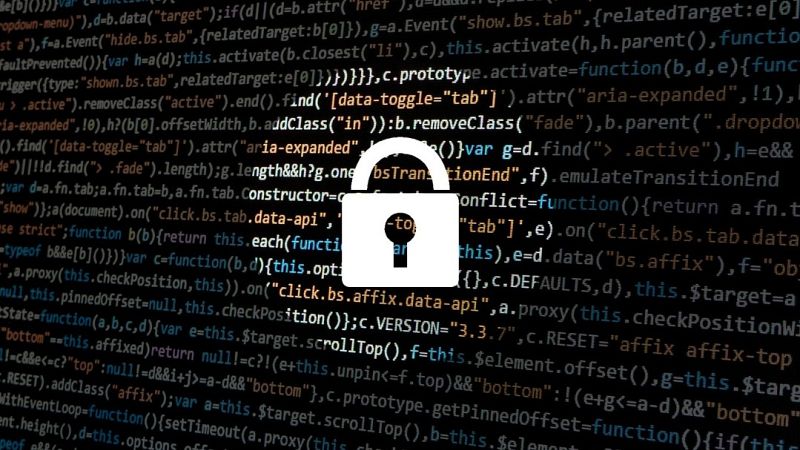
Increased global tensions and looming trade wars between the United States and virtually every country on Earth have experts warning of heightened cybersecurity threats and a digital arms race as countries defend themselves.
“The geopolitical dust is still settling,” said Verona Johnstone-Hulse, a London-based expert on government cybersecurity polices and the co-author of the report:"What the new normal looks like is still not yet set”.
Businesses in particular are increasingly concerned about cyberattacks, according to a report this month by NCC Group, a British cybersecurity firm.
At the same time, US President Donald Trump has upended America's digital defences by shrinking and firing those at cybersecurity agencies.
What are potential cyberwarfare targets?
Each network and connection is a potential target for foreign governments or hacking groups that sometimes do their bidding.
Some governments might be looking to spy to obtain sensitive information or monitor communications, like what was seen in the Salt Typhoon campaign from China.
Hackers attempted to crack the phones of US government officials, including President Trump, ahead of the 2024 election.
The cyberattacks that frighten experts the most burrow deeply into telephone or computer networks, inserting backdoors or malware for later use, such as Volt Typhoon, a Chinese operation that compromised American telephone networks.
US adversaries China, Russia, Iran, and North Korea also have shown signs of cybercooperation as they forge tighter economic, military and political relationships.
Director of National Intelligence Tulsi Gabbard told US Congress that Iran has supplied drones in exchange for Russian intelligence and cyber capabilities.
Amid global fears of a trade war after the tariffs that Trump has imposed, supply chains could be targeted in retaliation.
While larger companies may have a robust cyber team, small suppliers that lack those resources can give intruders easy access.
The Trump effect
At a time when national security and cybersecurity experts say the US should be bolstering its defences, Trump has called for reductions in staffing and other changes to the agencies that protect American interests in cyberspace.
Many cybersecurity organisations like the Central Intelligence Agency (CIA) and the National Security Agency (NSA) have seen staff reductions under Trump.
The administration faced more questions over how seriously it takes cybersecurity after senior officials used the popular messaging app Signal to discuss sensitive information about upcoming military strikes in Yemen.
The officials in charge of America’s cybersecurity insist Trump’s changes will make the US safer, while getting rid of wasteful spending and confusing regulations.
'Companies need effective guidance from the government'
Despite shifting alliances, a growing consensus about cyberthreats could prompt greater global cooperation.
More than 20 nations recently signed on to an international framework on the use of commercial spyware. The US has signalled it will join the nonbinding agreement.
There’s also broad bipartisan agreement in the US about the need to help private industry bolster defences.
Federal estimates say the cybersecurity industry needs to hire an additional 500,000 professionals to meet the challenge, said Dean Gefen, a former chief of cybertraining for Israel’s Defence Intelligence Technological Unit. He’s now the CEO of NukuDo, a cybersecurity training company.
“Companies need effective guidance from the government — a playbook,” Gefen said. “What to do, what not to do,” he added.







